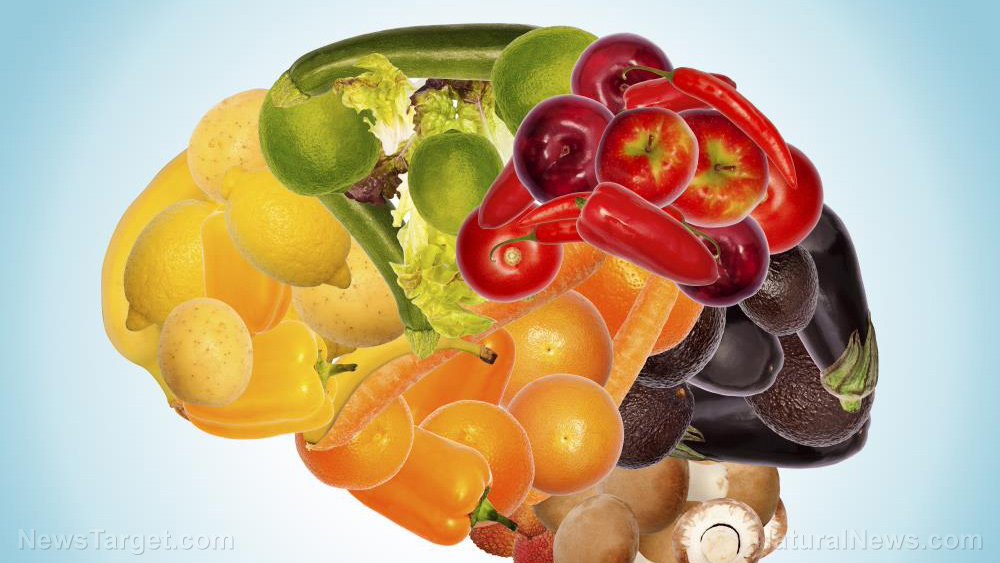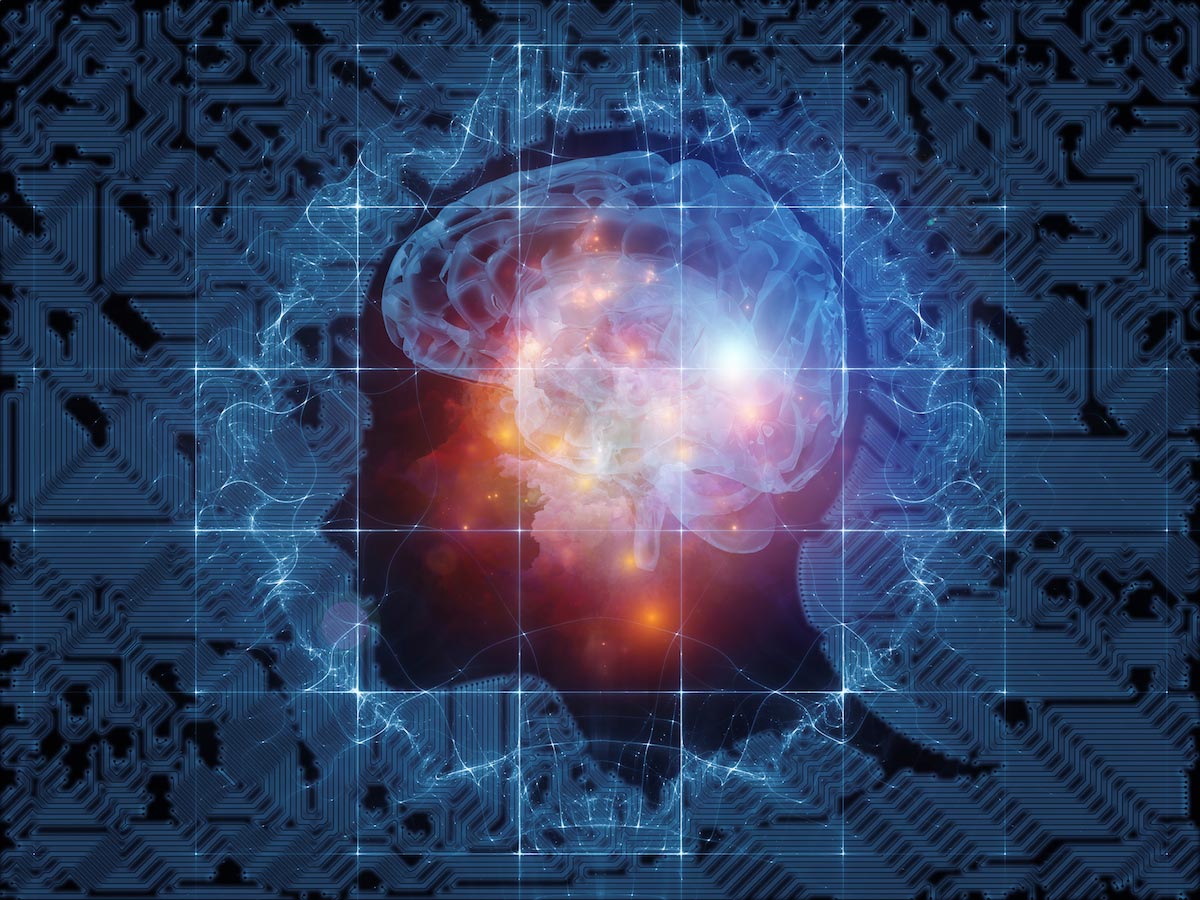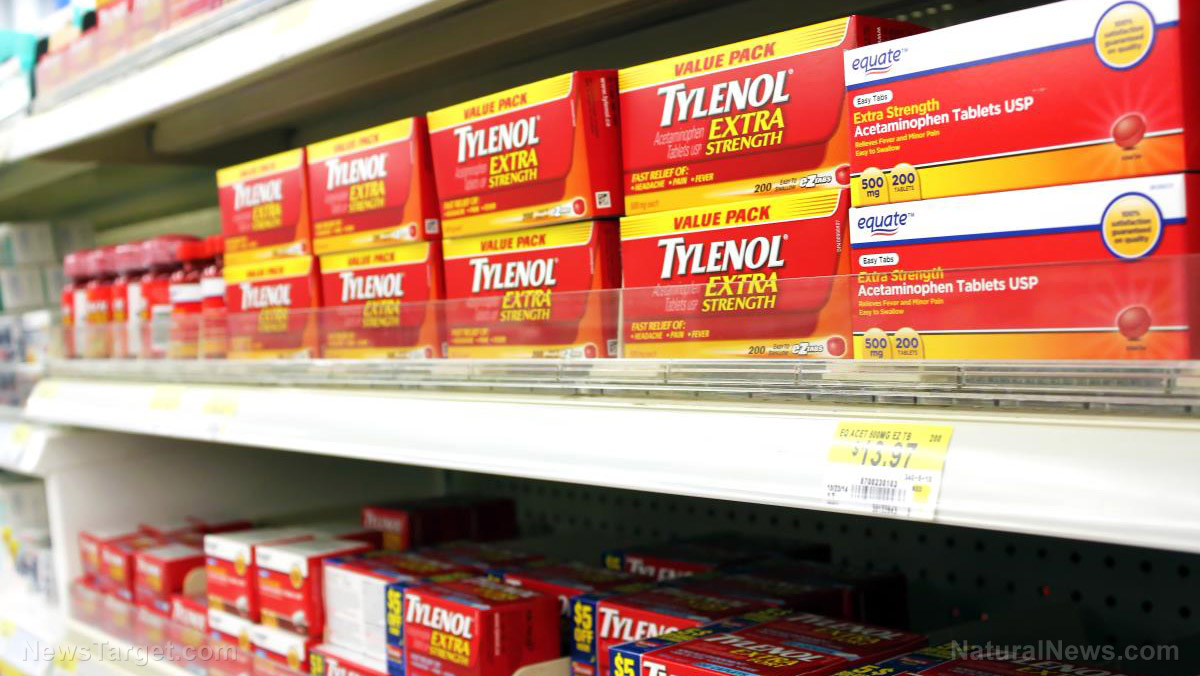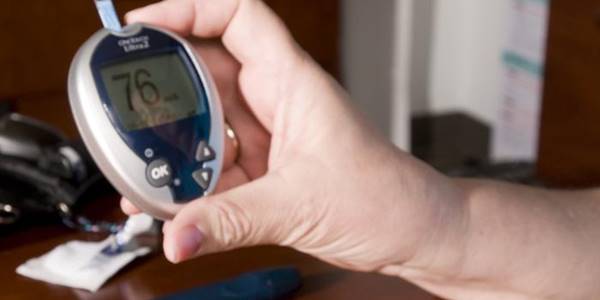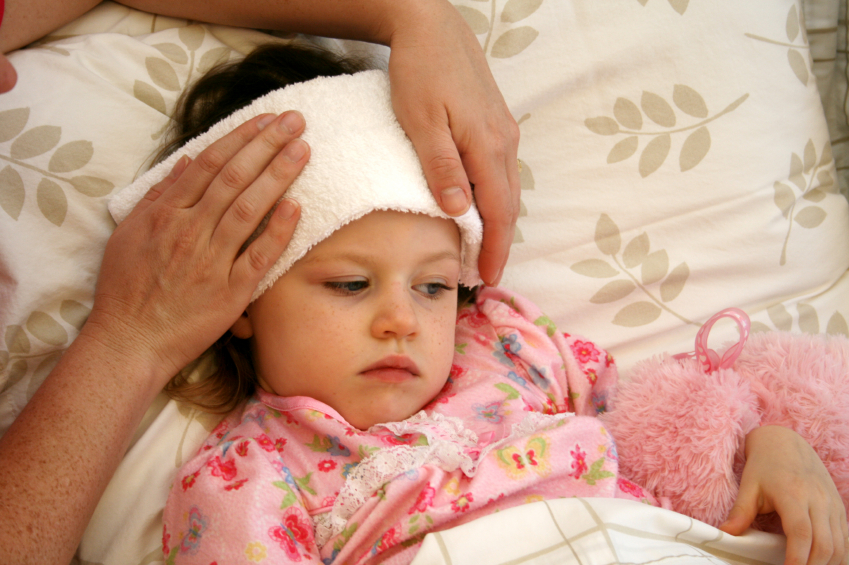Stroke patients can strengthen their brain function with ginseng
12/12/2018 / By Ralph Flores

A study in the journal BMC Complementary and Alternative Medicine has found that panaxatriol saponins (PTS), an extract derived from the Chinese ginseng (Panax notoginseng) can protect the brain from further damage after a stroke. Researchers from Nanjing University in China looked at how traditional medicine uses Chinese ginseng to treat ischemic stroke and investigated its efficacy.
“PTS has been used to treat ischemic stroke for many years in China,” the authors wrote in their report. “In the current study, we investigated whether PTS can promote angiogenesis and the mechanisms underlying its effects in a rodent stroke model.”
To mimic the effects of a stroke, researchers treated rats with middle cerebral artery occlusion (MCAO), a surgical procedure that stops blood flow in certain areas of the brain. After the procedure, the rats in the experimental group were treated with PTS once a day and were monitored for two weeks.
From the tests, the researchers found that PTS can reduce the area affected by a stroke and improve neurological biomarkers in rats that were subjected to ischemic injury. It can also restore blood flow to affected areas by activating signal proteins that are responsible for blood vessel formation and cell function.
How stroke affects brain function
Ischemic stroke, which the researchers used in their animal models, is the most common type of stroke, accounting for almost 87 percent of all stroke cases. This kind of stroke happens when blood flow to the brain is disrupted. In most cases, this occurs because of the buildup of fatty deposits in the arterial walls, a condition called atherosclerosis. In the U.S., around 795,000 people suffer a stroke each year, making it a leading cause of death and disability.
The fatty deposits — also known as plaque — can result in two types of obstruction. A cerebral thrombosis occurs when these deposits build up in the brain’s blood vessels. On the other hand, a cerebral embolism occurs when a clot forms in a blood vessel in another area of the circulatory system. The plaque then breaks loose and travels through the brain’s blood vessels, until it reaches those that are too small for it to pass. Another cause of an embolism is atrial fibrillation, where irregular heartbeat allows clots to dislodge and travel to the brain.
In the study, the team noted that PTS can protect the brain from damage caused by an ischemic stroke, through inducing angiogenesis. The process, which grows new blood vessels from pre-existing ones, happens on the boundary zones of the regions affected by ischemia. This allows blood to circulate, reducing the regions affected by the stroke. It also enhances 18F-PDG uptake, which allows increased circulation to the area, even after surgery.
“These results confirmed that PTS exerts protective effects on ischemic brain injury,” the researchers noted. “PTS may be a promising drug for ischemic stroke treatment.” (Related: Ginseng proven to prolong life in men: Here is the research.)
Indeed, while natural medicine is effective in treating stroke-related injuries, it’s important to remember that stroke, like diabetes and certain types of cancer, is a preventable disease. In particular, choosing a healthy diet (such as fruits, vegetables, and those that are high in fiber) and avoiding saturated fats and trans fats can significantly lower a person’s chances of having a stroke. That, coupled with at least 150 minutes (or two-and-a-half hours) of moderate physical activity, such as brisk walking, each week, can greatly help in preventing stroke and other chronic diseases.
Learn more about keeping the brain healthy at Brain.news.
Sources include:
Tagged Under: brain damage, brain health, food as medicine, ginseng, Herbs, ischemia, Panax notoginseng, panaxatriol saponins


